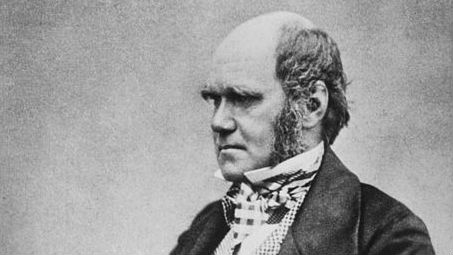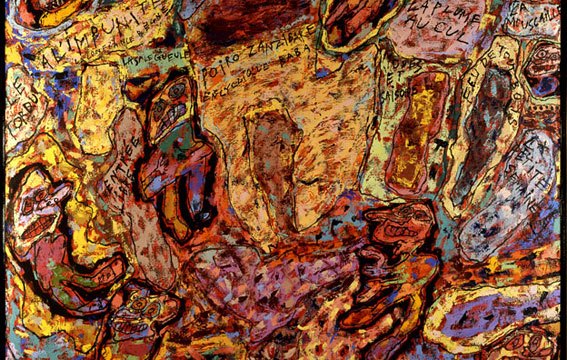Darwin Saw a Shared Humanity

Many people think about Darwin strictly in terms of, if you will, gladiatorial combat. Person A is in conflict with person B because they both desire some object in their environment or whatever it might be.
But when you read the later Darwin, The Descent of Man, it’s very clear. He appreciated the ways in which groups have to evolve compassionate, sympathetic, helping, altruistic behaviors, at least within those groups in order to survive and be successful, vis a vie, other groups. And that makes perfect sense.
So the more that this kind of helping activity emerges in a group, it will be able to draw on that especially in catastrophic situations when the group is working against difficult environments. That’s the kind of thing Darwin saw. It doesn’t get us to a shared humanity, it doesn’t mean we don’t have tendencies to demonize outsiders and unfortunately distinguish them from us too easily, but this capacity within us is there and the goal of ethics is to move us toward a shared humanity.
60 Second Reads is recorded by experts in Big Think’s studio.





